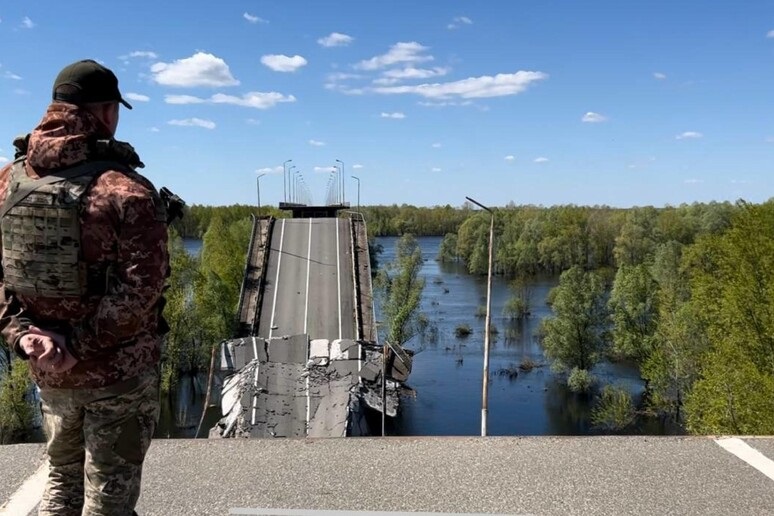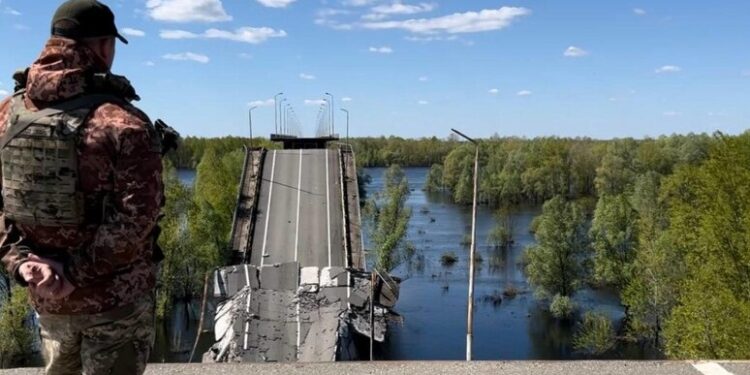Belarus Suspends Treaty on Conventional Forces in Europe
 Belarusian President Alexander Lukashenko has signed a decree suspending the Treaty on Conventional Armed Forces in Europe. The decision comes in response to similar actions taken by other countries and alliances.
Belarusian President Alexander Lukashenko has signed a decree suspending the Treaty on Conventional Armed Forces in Europe. The decision comes in response to similar actions taken by other countries and alliances.
According to reports from the Interfax agency, the law on the suspension of the treaty has been officially published on the national legal portal of Belarus. This move follows Lukashenko’s agreement in April to present the bill on the suspension of the Treaty on Conventional Armed Forces in Europe to the parliament, which later approved it.
In recent months, both the Czech Republic and Poland have notified Belarus of their intention to suspend obligations under the treaty. In light of these developments and what Belarus perceives as hostile actions by Poland and the Czech Republic, a specific law was passed in October 2023 to suspend the treaty in relation to these two countries.
Furthermore, in November 2023, the NATO North Atlantic Council announced that its member states would also suspend the operations of the treaty. Russia has similarly withdrawn from the CFE Treaty, further complicating the situation.
The press service of the Belarusian presidential administration highlighted that the suspension of the treaty by NATO member states and their allies effectively renders it non-operational. The CFE Treaty, which was ratified by Belarus in 1992, imposes limits on conventional weapons and equipment in five main categories, including tanks, armored combat vehicles, artillery, attack helicopters, and combat aircraft. It also establishes mechanisms for verifying compliance, such as information exchange and inspections.
The decision to suspend the Treaty on Conventional Armed Forces in Europe reflects the shifting geopolitical landscape and the complex relationships between Belarus, neighboring countries, and international alliances. The implications of this move remain to be seen, but it underscores the challenges of maintaining arms control agreements in a rapidly evolving world.














































